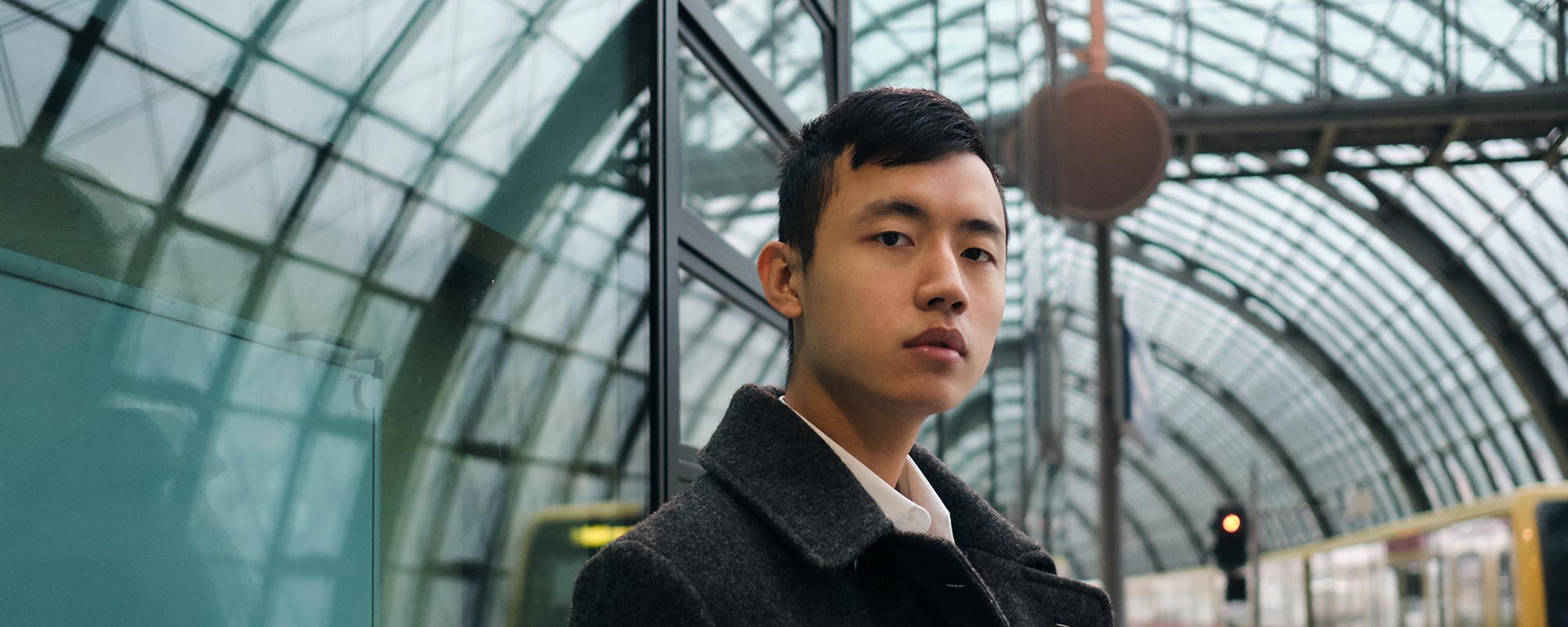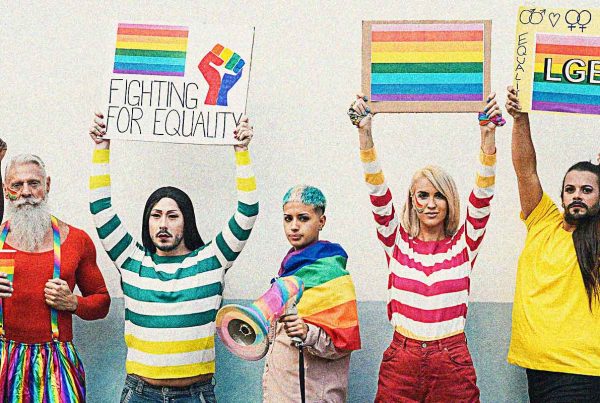On Friday May 31st, the Supreme Court of Canada is going to release its decision in a case involving 4 young black men and one young Asian man carded in a private backyard!
“Carding” and “street checks” are just some of the terms used to describe the practice by certain police officers and police services of approaching, stopping and questioning people on the street (usually racialized young men) for no lawful purpose, asking them personal information, demanding to see ID, and then entering all this information into a police “street check” database.
In the case of R v Le which is being decided on May 31st, the police went even further when they walked, uninvited, into a private backyard and began to ask questions of 5 young racialized men who were in the yard and doing nothing wrong according to the police officers’ own testimony.
The officers tried to claim at trial that they felt justified because they saw no gate on the yard (the Ontario Court of Appeal fortunately did not accept this justification). Or, as we suspect, the problem is systemic or actual racism, in a criminal justice system that allows police to approach and question young men as a matter of routine, where there are inadequate rules prohibiting police from treating innocent people as suspects and violating their rights. Perhaps it simply never occurred to the police not to, even as they entered private property.
Either way, the Canadian Civil Liberties Association went to the Supreme Court of Canada to condemn the officers’ conduct in the case. CCLA has been advocating for years against carding, and demanding clear rules that prevent police from approaching, stopping and questioning individuals who are not suspected of being connected with a crime.
CCLA intervened in the R v Le case to address the importance of privacy, the reasonable expectation of privacy in a friend’s backyard, and the right of all people to privacy, including those who are low-income and racialized. CCLA also intervened to ask the court to establish in clear terms which police stops must be recognized as arbitrary detention. CCLA explained that even a brief encounter with police can be intimidating, humiliating and frightening – as most people who have been pulled over can confirm. This is only exacerbated when the violation includes trespass onto personal property – sending a strong message that the officers may not be concerned about the law or individual rights. And a police encounter like this is particularly concerning when the individuals doing nothing wrong are racialized – and the stop smacks of discrimination.
CCLA was represented by pro bono counsel Danielle Glatt (Paliare Roland) and Kate Robertson (Markson Law).
On Friday May 31st, the Court has an opportunity to create better privacy protections, and better protections against carding.
CCLA awaits the decision and is available for comment any time after its release: media@ccla.org.
You can read our factum here and our earlier summary of the case can be read here.
About the Canadian Civil Liberties Association
The CCLA is an independent, non-profit organization with supporters from across the country. Founded in 1964, the CCLA is a national human rights organization committed to defending the rights, dignity, safety, and freedoms of all people in Canada.
For the Media
For further comments, please contact us at media@ccla.org.





